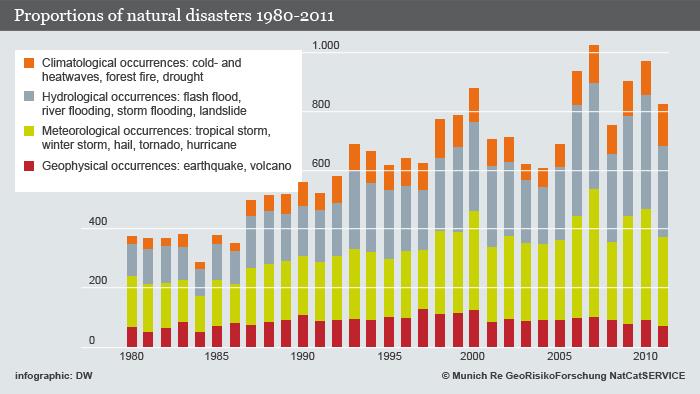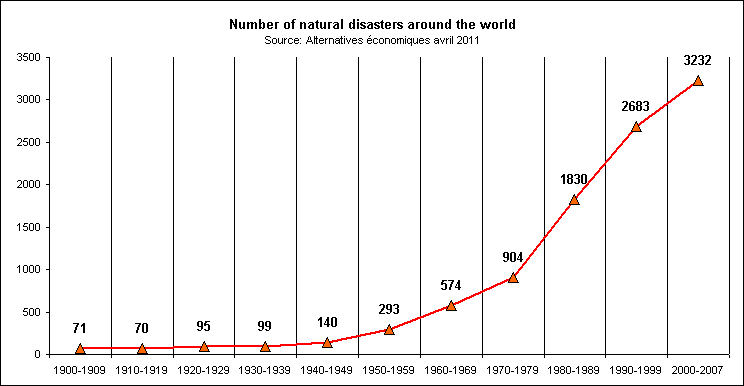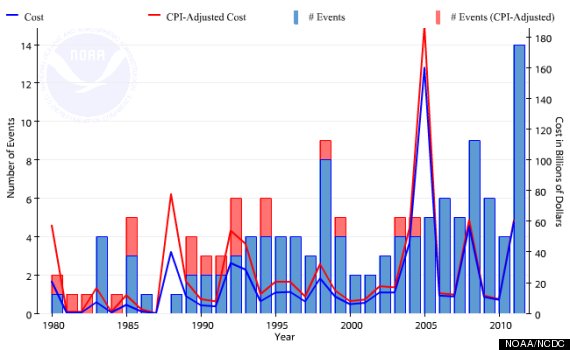Did you? Even the IPCC has bailed on this one. As Roger Pielke has summarized:
"In the process of updating Senate testimony given back in July (here in PDF) I did compile some key statements from the IPCC AR5 WGI Chapter 2 on extremes.
Here are a few:
“Overall, the most robust global changes in climate extremes are seen in measures of daily temperature, including to some extent, heat waves. Precipitation extremes also appear to be increasing, but there is large spatial variability"
"There is limited evidence of changes in extremes associated with other climate variables since the mid-20th century”
“Current datasets indicate no significant observed trends in global tropical cyclone frequency over the past century … No robust trends in annual numbers of tropical storms, hurricanes and major hurricanes counts have been identified over the past 100 years in the North Atlantic basin”
“In summary, there continues to be a lack of evidence and thus low confidence regarding the sign of trend in the magnitude and/or frequency of floods on a global scale”
“In summary, there is low confidence in observed trends in small-scale severe weather phenomena such as hail and thunderstorms because of historical data inhomogeneities and inadequacies in monitoring systems”
“In summary, the current assessment concludes that there is not enough evidence at present to suggest more than low confidence in a global-scale observed trend in drought or dryness (lack of rainfall) since the middle of the 20th century due to lack of direct observations, geographical inconsistencies in the trends, and dependencies of inferred trends on the index choice. Based on updated studies, AR4 conclusions regarding global increasing trends in drought since the 1970s were probably overstated. However, it is likely that the frequency and intensity of drought has increased in the Mediterranean and West Africa and decreased in central North America and north-west Australia since 1950”
“In summary, confidence in large scale changes in the intensity of extreme extratropical cyclones since 1900 is low”
There is really not much more to be said here -- the data says what it says, and what it says is so unavoidably obvious that the IPCC has recognized it in its consensus.
Of course, I have no doubts that claims will still be made associating floods, drought, hurricanes and tornadoes with human-caused climate change -- Zombie science -- but I am declaring victory in this debate. Climate campaigners would do their movement a favor by getting themselves on the right side of the evidence."
http://rogerpielkejr.blogspot.com/2013/10/coverage-of-extreme-events-in-ipcc-ar5.html






